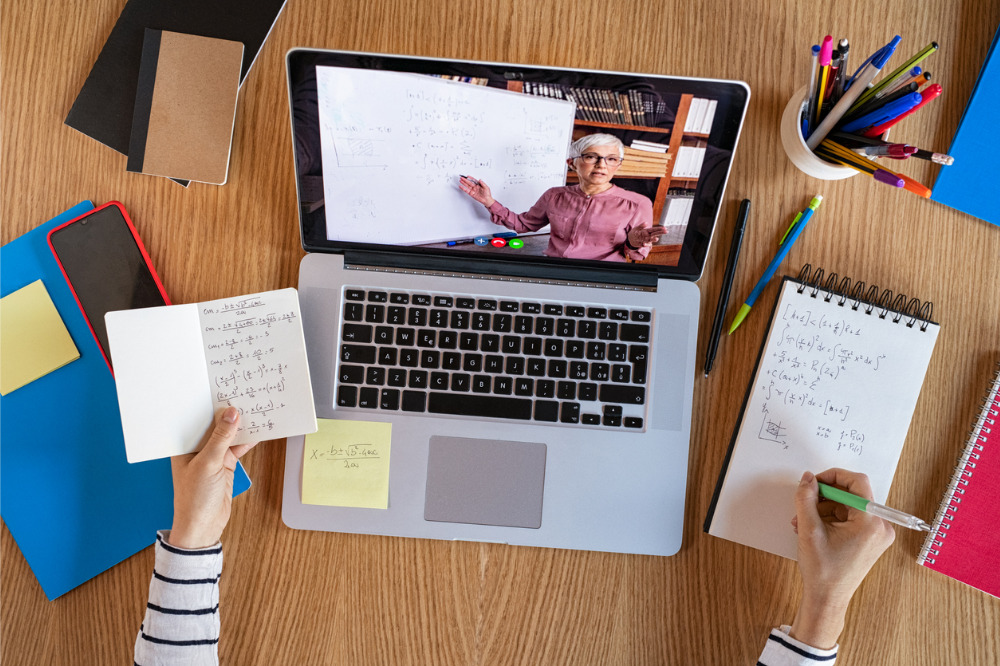
Dr Maurizio Costabile, a senior lecturer UniSA’s Clinical & Health Sciences, the shift to remote learning presented an exciting opportunity.
Prior to the pandemic, Dr Costabile delivered his biochemistry classes in the usual face-to-face format. However, when social distancing restrictions were implemented, he quickly realised this was no longer possible and devised a solution.
The answer was found in online simulations, which have been used for education since 2013. In the case of biochemistry education, the first simulation made available in 2014.
Dr Costabile began to develop online simulations to replicate the most important aspects of his face-to-face classes. The idea was to see whether this method could be used to teach biochemistry laboratory concepts when face-to-face teaching is not possible.
When the COVID-19 restrictions eased and regular classes resumed, Dr Costabile compared student results for the written practical report and found that students who only used the simulations performed as well as those who attended traditional classes.
According to Dr Costabile, online simulations offer a potential solution to some of the problems of online learning and could potentially expand the range of courses universities offer to online students.
And from looking at the results of this method, it’s clear to see why, Dr Costabile is optimistic. Since its introduction, no student who has used the simulation has failed the written practical report.
He says teachers have given glowing feedback about the method.
“I have presented the outcome of simulations in my teaching at local and international conferences. In all instances the feedback has been excellent and in addition, my simulations have been adopted by my colleagues,” Dr Costabile told The Educator.
“One of the best examples, is the uptake of my pipette training simulation which has been used by staff and students at the University of Genoa during the first wave of COVID. In this instance, students could not attend the University but continued to be taught skills online”.
Dr Costabile said he has also received excellent feedback from students.
“[Students] enjoy this novel approach to teaching and can see impacts to their learning using a resource which can take as little as fifteen minutes to complete, yet is educationally sound,” he said.
Dr Costabile says that while the results speak for themselves, universities should still be wary about transitioning completely to online courses.
“My simulations have proven to be very effective at helping students learn a variety of concepts. One thing that they cannot do however is teach hands-on skills,” he noted.
“This is a major advantage of face-to-face learning”.
Dr Costabile said he considers his simulations as aids, rather than complete replacements of face-to-face learning.
“In addition, when students are taught in a face-to-face environment, they can immediately ask questions and seek clarification, which can be difficult to do in an online setting”.


